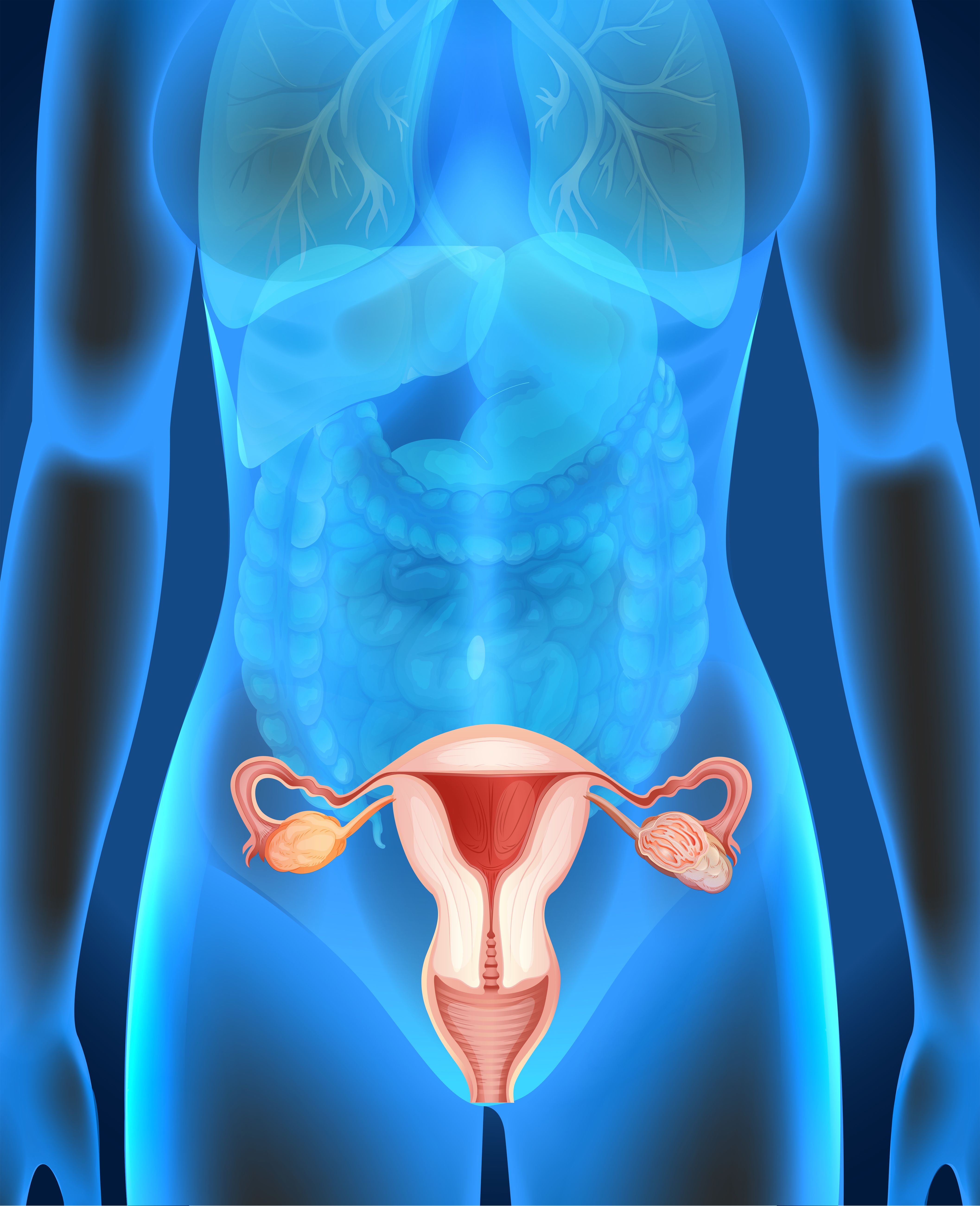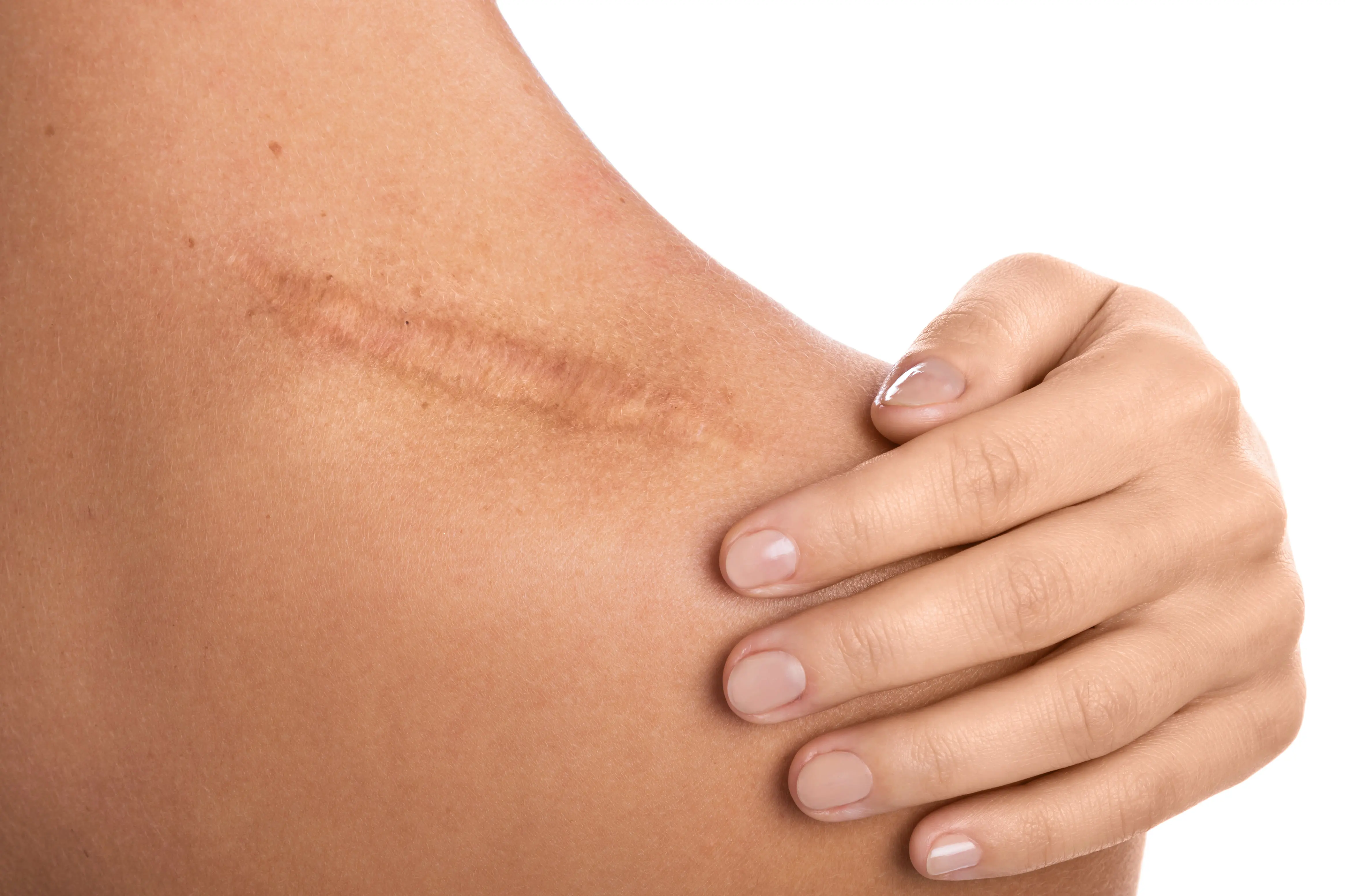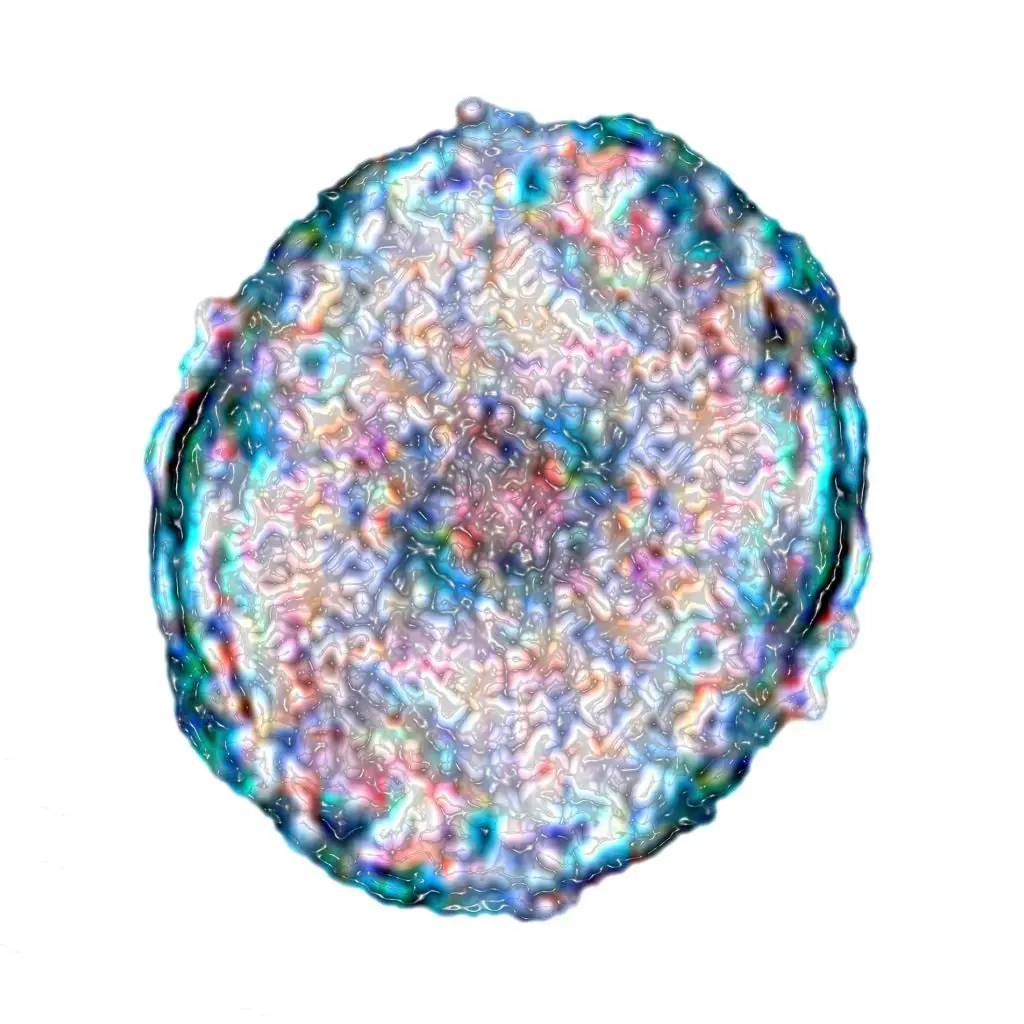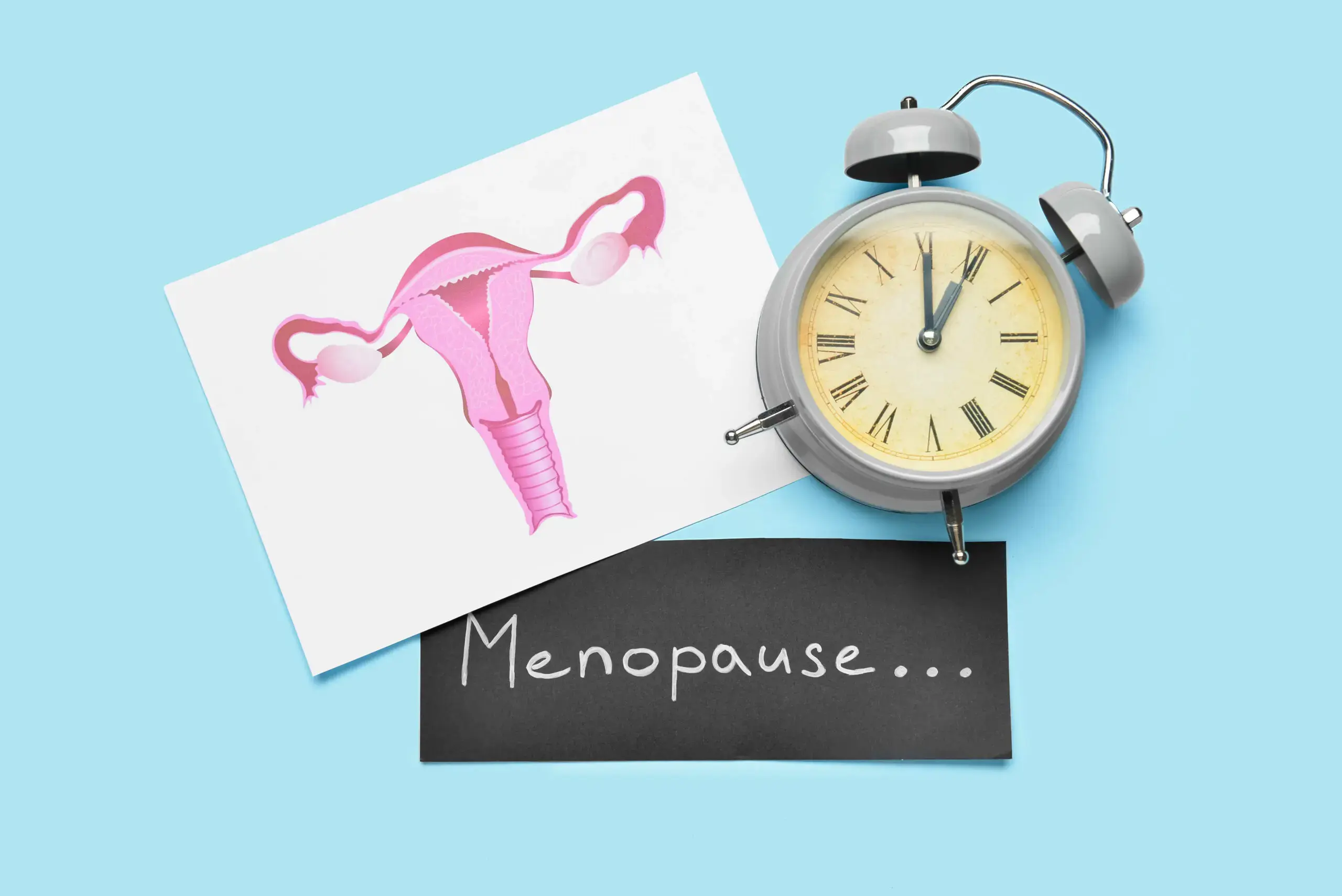Other Treatment Methods
- Adrenal hyperplasia
- Gestational diabetes
- Growth disorders in children
- Hashimoto's thyroiditis
- Hormone deficiency
- Hormone-producing tumors
- Hyperthyroidism
- Hypofunction of the adrenal cortex
- Hypothyroidism
- MODY (Maturity Onset Diabetes of the Young)
- Obesity
- Osteoporosis
- Overactivity of the adrenal cortex
- Sex hormones
- Type 1 diabetes
- Type 2 diabetes

© Freepik
Sex hormones
Endocrinology also deals intensively with the regulation of sex hormones, i.e., the hormones responsible for the development, function, and control of the sex organs and reproduction. These hormones - primarily estrogens, progesterone, and testosterone, but also the controlling hormones of the pituitary gland such as LH (luteinizing hormone) and FSH (follicle-stimulating hormone) - are part of finely tuned hormone cycles that play important roles throughout life in both women and men.
Disorders in the area of sex hormones can have various causes. Often, there are functional disorders of the ovaries (ovaries) in women or the testes in men, sometimes also disorders in the brain, such as the pituitary gland or the hypothalamus, which produce the superior control hormones. Chronic diseases, eating disorders, severe stress, overweight, intensive athletic exertion or genetic disorders can also affect hormone balance.
Imbalance of sex hormones in women
In women, an imbalance of sex hormones can lead, among other things, to menstrual disorders, irregular or absent menstrual periods, unfulfilled desire to have children, hot flashes, hair loss or unwanted hair growth. A common clinical picture is Polycystic Ovary Syndrome (PCOS), in which more male hormones are produced and ovulation does not occur. In the menopause typical symptoms such as sleep disorders, irritability, mood swings or vaginal dryness occur due to the decrease in estrogen production.
Hormonal disorders in men
In men, hormonal disorders are manifested by a lack of testosterone, which can lead to lack of drive, loss of libido, erectile dysfunction, muscle weakness, weight gain, or mood swings. Causes can be a primary testicular dysfunction or a disorder of the superior control centers in the brain (e.g., due to tumors or a hormone deficiency).
Diagnosis and treatment for disorders in the area of sex hormones
Diagnosis is always carried out through targeted hormone testing in the blood, determining the levels of estrogens, progesterone, testosterone, LH, FSH, prolactin, and other hormones. Additionally, an ultrasound of the sexual organs (e.g., the ovaries or testicles), a bone density measurement (in case of suspicion of Osteoporosis due to hormone deficiency) or imaging of the pituitary gland may be necessary to clarify the cause of the hormonal disorder. In the treatment of hormone deficiency targeted hormone replacement therapy can be useful. For example, testosterone therapy in men or estrogen-progestin preparations in women (especially in menopause).
Consists of a Desire to have childrenfrequently hormonal stimulation treatments are used to promote ovulation or sperm production. However, if there is an overproduction of hormones (e.g. an excess of prolactin or an excess of male hormones in women), this is treated with medication or, in certain cases, surgically.








